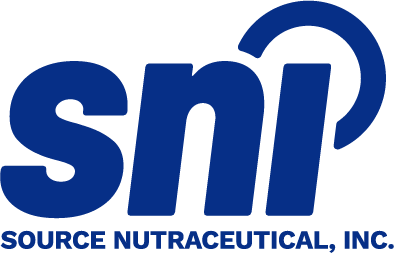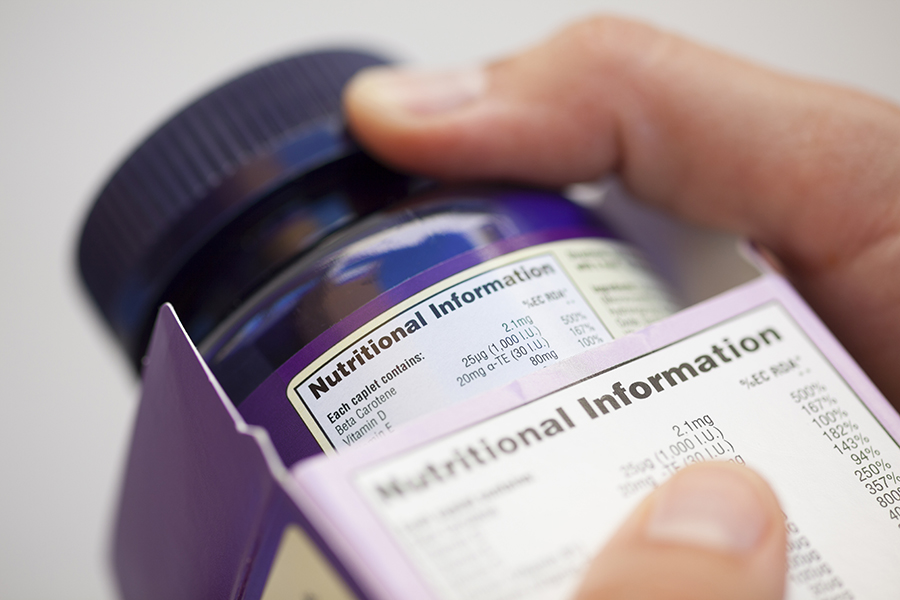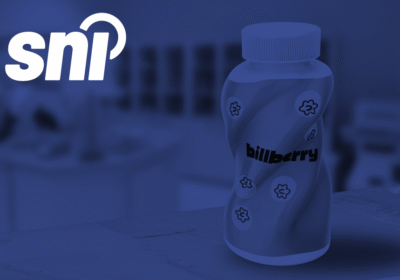If you’re in the business of Natural Health Products or Supplements, consumer trust and brand transparency have become imperative to your business. Consumers want more clarity and transparency, and with the Natural Business Journalsuggesting that consumer confidence in dietary supplements has dropped 11 percent in the last year alone1, it has become an important consideration for all companies.

The regulations of supplements and NHP’s have always been tricky. “Under 1994’s Dietary Supplement and Health Education Act (DSHEA) regulation of supplements was made very loose. As FDA notes on its website, “unlike drug products that must be proven safe and effective… there are no provisions in the law for FDA to ‘approve’ dietary supplements.” The agency can act only after a supplement is on the market and evidence shows it’s unsafe2.”
A new regulatory trend is emerging to assist in offering this transparency to consumers that involves product registration. This registration would differ from pre-market approval by the FDA or pharmaceutical-style pre-market approval, and could be “similar to the system currently used for over the counter products and would result in a number or ‘NDS Code’”3.
With the millennial generation demanding to be in the know of the products they use and put in their body, this process would require companies and manufactures to clearly identity those products. You only have to look so far to see consumer’s public distrust of products such as workout brands.
“Transparent labs educates supplement users on what to avoid when using pre‑workout products, including, but not limited to:
- Proprietary blends – with minimal federal regulation that do not require the brand to disclose actual ingredient doses
- Under-dosed ingredients – using an amount of a proven effective ingredient in a dose that is ineffective
- Adding dozens of ineffective ingredients – to create a seemingly impressive supplement facts panel
- Artificial sweeteners and dyes
- Fillers & unnecessary cheap ingredients
- Using chemical names to give a false impression of product nature
- Limited servings”4
“Boomers were OK to hear the story about the benefits of supplements,” said Jeff Hilton, chief marketing officer and co-founder of BrandHive, which helps ingredient suppliers and finished goods manufacturers bring products to market. “Millennials want what precedes that and what’s after that — what made you do that, is there another agenda here, why did you do that, what do you do with the packaging?”
Simply put, Boomers want the core proposition and benefit, while millennials want the complete story — not just what brands want to tell them. And through social networks and the power of the Internet, they are able to get that information, or brands will pay the price for their opaqueness.”5
The once taboo idea of pre-market registration for supplements is now coming to light. While many questions still linger regarding how it would be managed and applied, third-party product seals or certification, extending GMP’s to ingredient suppliers, or creating a higher-profile offices or divisions of Dietary supplements within the FDA, the idea is picking up traction and it seems like a very viable option for the future.
What are your thoughts on Supplement transparency and where the industry is heading?
1, 3 Todd Runestad, A new stance on supplement regulation emerges (Nutrition Business Journal: August 1, 2015), http://newhope360.com.
2 Jennifer Couzin-Frankel, Dietary supplements filled with dangerous ingredients but “natural” industry blocks labeling, transparency (Genetic Literacy Project: August 24, 2015), http://www.geneticliteracyproject.org.
4 Pre-Workout Supplements – What to Avoid & Ingredients to Look for (Transparent Lab: September 9, 2015), http://transparentlabs.com/blogs
5 Todd Runestad, Millennials demand transparency in supplements (Nutrition Business Journal: October 20, 2015), http://newhope360.com.




